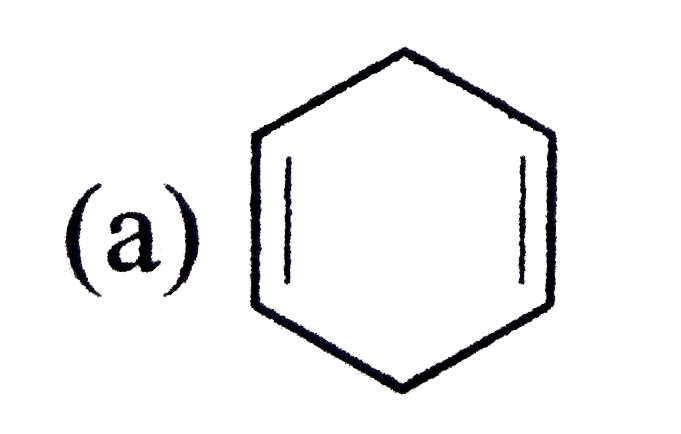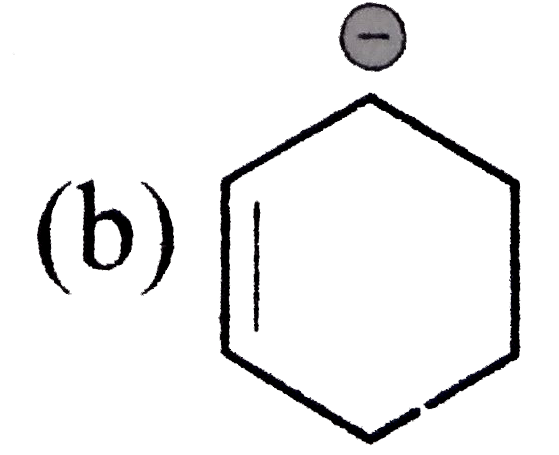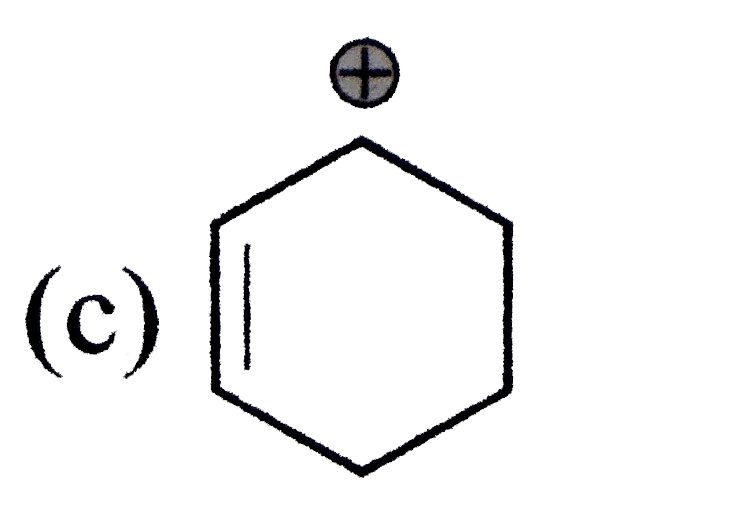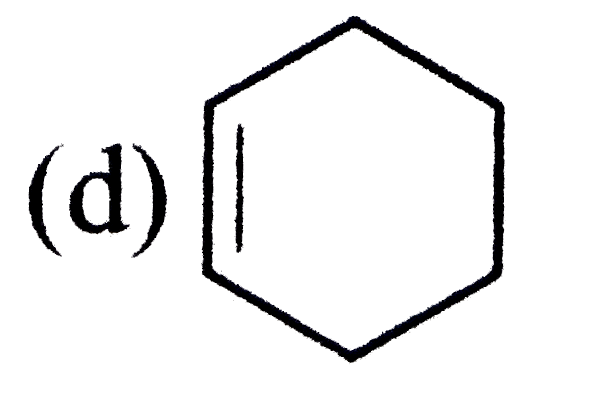Which of the following species cannot have conjugate base ?
HSO−14
HPO−24
PO−34
H2PO−2
To determine which of the given species cannot have a conjugate base, we need to understand the concept of conjugate bases in acid-base chemistry.
1. Understanding Conjugate Bases:
- A conjugate base is formed when an acid donates a proton (H⁺ ion). Therefore, for a species to have a conjugate base, it must have at least one replaceable hydrogen atom.
2. Analyzing the Given Species:
- Let's evaluate each species mentioned in the question:
- H₂SO₄ (sulfuric acid): This species has two replaceable hydrogen atoms. When it donates one H⁺, it becomes HSO₄⁻ (bisulfate), and if it donates another, it becomes SO₄²⁻ (sulfate). Thus, it has conjugate bases.
- HPO₄²⁻ (hydrogen phosphate): This species has one replaceable hydrogen atom. When it donates H⁺, it becomes PO₄³⁻ (phosphate). Therefore, it also has a conjugate base.
- PO₄³⁻ (phosphate): This species has no replaceable hydrogen atoms. It cannot donate a proton, and thus it cannot form a conjugate base.
- H₂PO₂⁻ (dihydrogen phosphite): This species has two replaceable hydrogen atoms. When it donates one H⁺, it becomes HPO₂²⁻ (hydrogen phosphite), and it can further donate another to become PO₂³⁻ (phosphite). Hence, it has conjugate bases.
3. Conclusion:
- The species that cannot have a conjugate base is PO₄³⁻ because it does not contain any hydrogen atoms that can be released.
Final Answer:
PO₄³⁻ cannot have a conjugate base.
- A conjugate base is formed when an acid donates a proton (H⁺ ion). Therefore, for a species to have a conjugate base, it must have at least one replaceable hydrogen atom.
- Let's evaluate each species mentioned in the question:
- H₂SO₄ (sulfuric acid): This species has two replaceable hydrogen atoms. When it donates one H⁺, it becomes HSO₄⁻ (bisulfate), and if it donates another, it becomes SO₄²⁻ (sulfate). Thus, it has conjugate bases.
- HPO₄²⁻ (hydrogen phosphate): This species has one replaceable hydrogen atom. When it donates H⁺, it becomes PO₄³⁻ (phosphate). Therefore, it also has a conjugate base.
- PO₄³⁻ (phosphate): This species has no replaceable hydrogen atoms. It cannot donate a proton, and thus it cannot form a conjugate base.
- H₂PO₂⁻ (dihydrogen phosphite): This species has two replaceable hydrogen atoms. When it donates one H⁺, it becomes HPO₂²⁻ (hydrogen phosphite), and it can further donate another to become PO₂³⁻ (phosphite). Hence, it has conjugate bases.
- The species that cannot have a conjugate base is PO₄³⁻ because it does not contain any hydrogen atoms that can be released.
PO₄³⁻ cannot have a conjugate base.
Topper's Solved these Questions
- BOOK - PEARSON IIT JEE FOUNDATIONCHAPTER - ACIDS, BASES AND SALTSEXERCISE - Level 225videos
ACIDS, BASES AND SALTS
- BOOK - PEARSON IIT JEE FOUNDATIONCHAPTER - ACIDS, BASES AND SALTSEXERCISE - Level 39videos
ACIDS, BASES AND SALTS
- BOOK - PEARSON IIT JEE FOUNDATIONCHAPTER - ACIDS, BASES AND SALTSEXERCISE - Essay Type question5videos
ACIDS, BASES AND SALTS
- BOOK - PEARSON IIT JEE FOUNDATIONCHAPTER - ATOMIC STRUCTURE EXERCISE - LEVEL-38videos
ATOMIC STRUCTURE
Similar Questions
Knowledge Check
- Question 1 - Select One
Which of the following species cannot show resonance?
A B
B C
C D
D
- Question 2 - Select One
Which of the following is not a conjugate acid-base pair?
AHPO2−3,PO3−3BH2PO−4,HPO2−4CH2PO−4,H3PO4DH2PO−4,PO3−3 - Question 3 - Select One
Which of the following species can acts as bronsted base as well as a Lewis base?
ANO−3,BCN−CNH3DBF3
Which of the following species can act as the strongest base ?
View SolutionWhich of the following species can act as the strongest base ?
View SolutionWhich one of the following species cannot act as both Bronsted acid and base ?
View SolutionWhich of the following cannot be a base?
View SolutionWhich of the following cannot be a base?
View Solution

